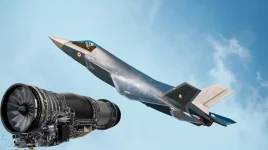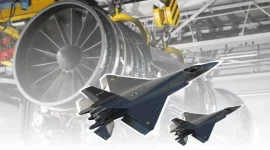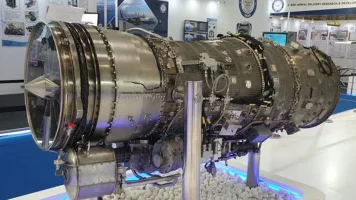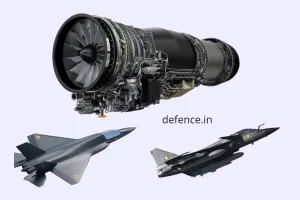- Views: 1K
- Replies: 7

Pakistan is embarking on a significant naval endeavor with the development of the Jinnah Class Frigates (JCF), marking its first foray into the indigenous design and construction of a frigate-sized warship. This ambitious project leverages the expertise gained from the MILGEM project, a collaborative effort with Turkey that saw the delivery of four Babur-class corvettes to the Pakistan Navy.
The MILGEM project has been crucial in bolstering Pakistan's shipbuilding capabilities. The technology transfer involved has equipped Pakistani engineers and technicians with the skills and knowledge needed for naval ship construction. This foundation has paved the way for the JCF project, demonstrating Pakistan's growing confidence in its naval engineering prowess.
Unlike previous acquisitions, where designs were adapted from foreign sources, the JCF will be entirely conceived and built in Pakistan. This marks a significant step towards self-reliance in naval defence. The frigates will be constructed at the Karachi Shipyard & Engineering Works (KSEW), further enhancing the shipyard's capabilities and establishing it as a key player in future naval projects.
A notable feature of the Jinnah-class frigates is their integration of the SMASH missile system, an indigenously developed supersonic anti-ship and land-attack cruise missile. With a range exceeding 350 kilometers and supersonic speed, the SMASH missile significantly enhances Pakistan's offensive capabilities. Its maneuverable reentry vehicle (MaRV) technology ensures high accuracy, making it a potent threat to even heavily defended targets.
From an Indian perspective, Pakistan's growing naval capabilities, particularly its pursuit of indigenous warship design and production, warrant attention. The JCF project, coupled with the development of advanced missile systems like the SMASH, underscores Pakistan's commitment to strengthening its naval force. India will need to closely monitor these developments and continue to invest in its own naval modernization efforts to maintain a strategic balance in the region.





